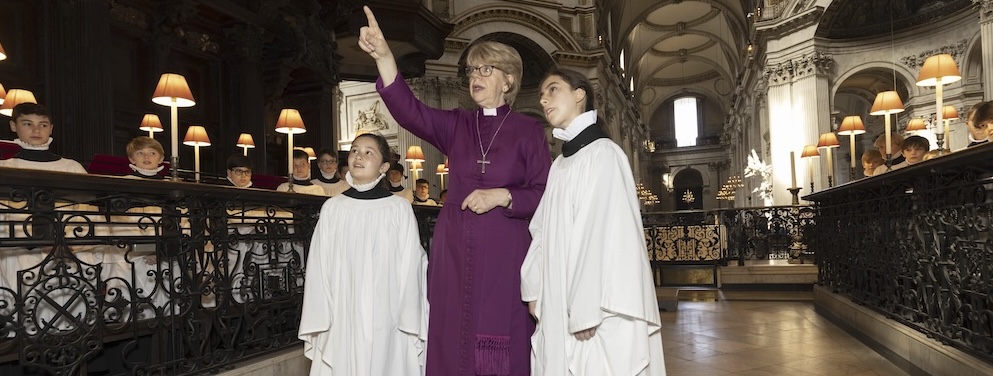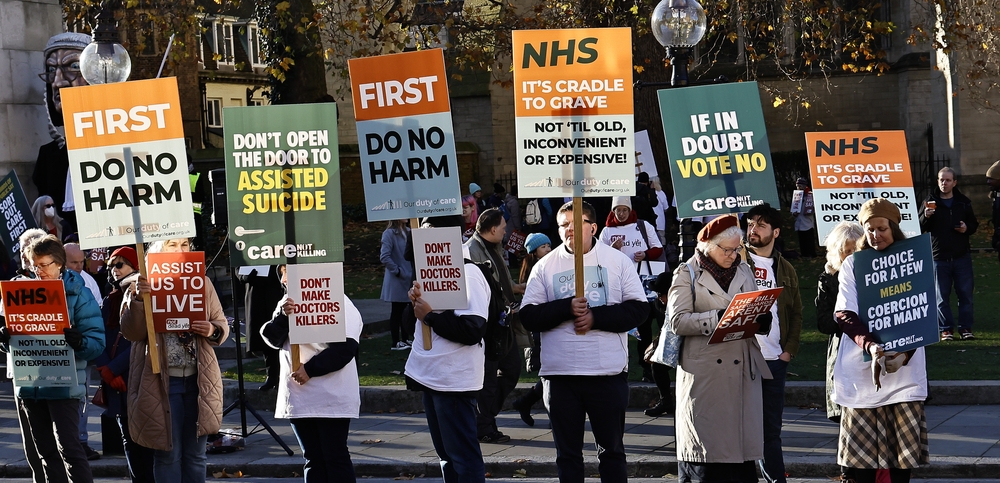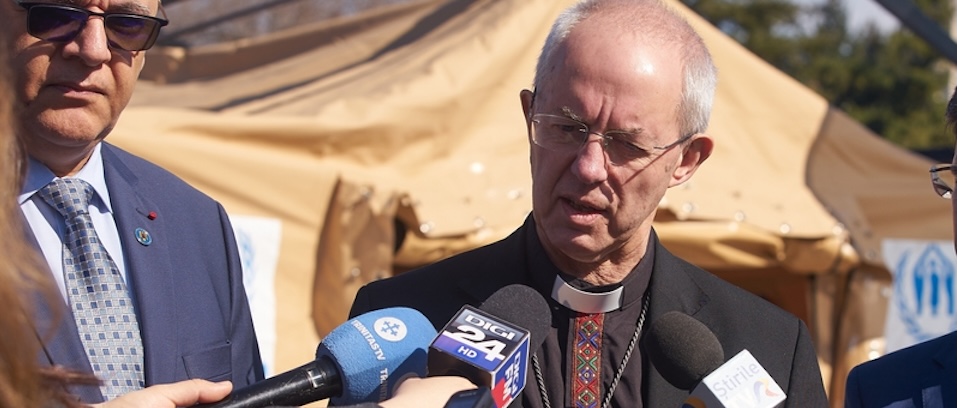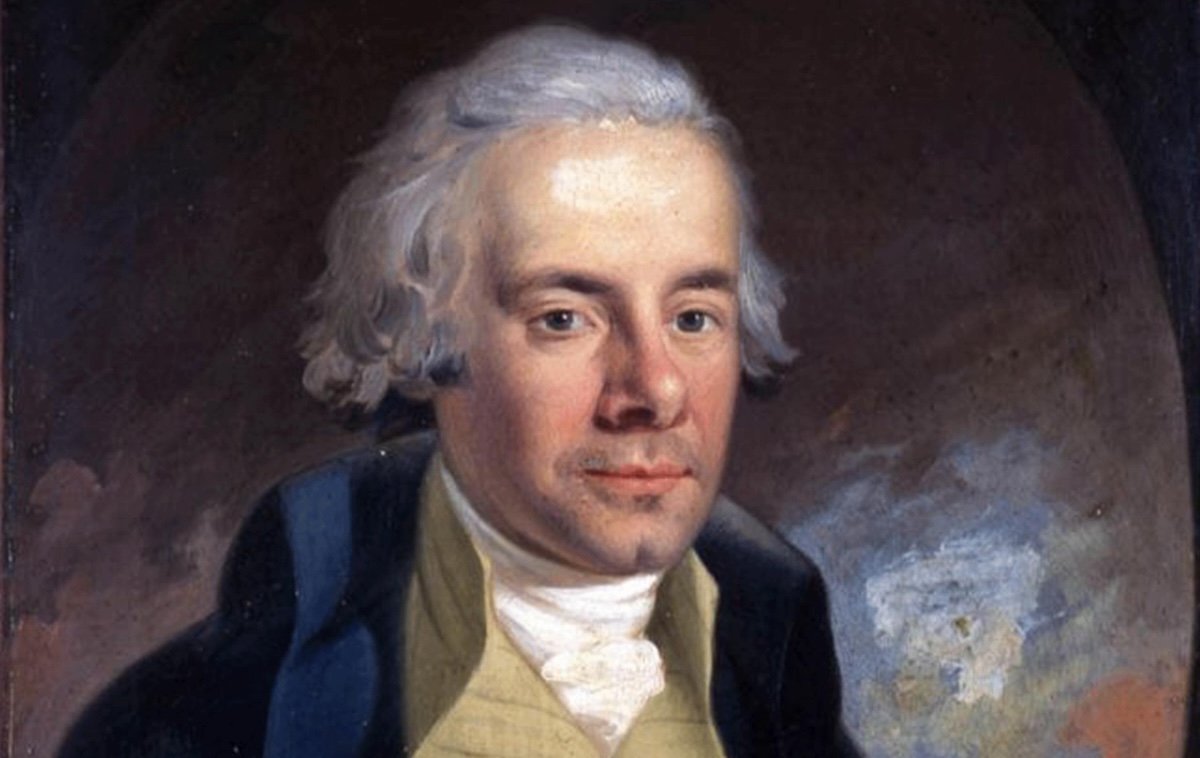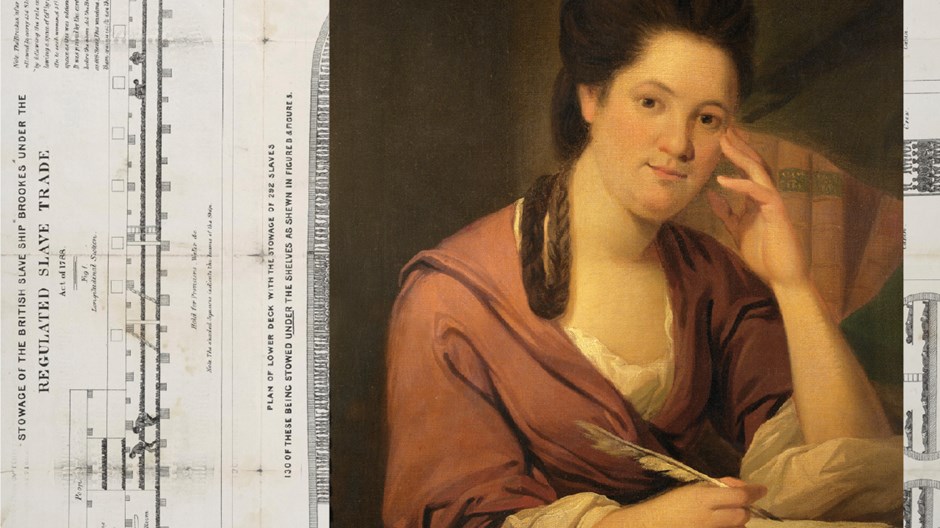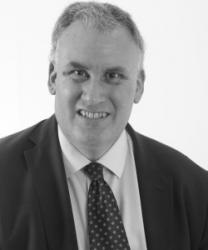
Rev. Dr. Richard Turnbull is director emeritus of the Centre for Enterprise, Markets and Ethics and a trustee of the Christian Institute. He holds a degree in economics and accounting and served as the youngest ever member of the Press Council. Richard also holds a first class honours degree in theology and Ph.D. in theology from the University of Durham. He was ordained into the ministry of the Church of England in 1994.
Richard served in the pastoral ministry for over 10 years. He was also for 7 years the Principal of Wycliffe Hall, Oxford. He has authored several books, is a Fellow of the Royal Historical Society and a visiting Professor at St Mary’s University, Twickenham.
Posts by Richard Turnbull
October 10, 2025
The announcement was made on the morning of October 2, 2025, that the Rt. Hon. and Rt. Revd. Dame Sarah Mullally, currently Bishop of London, was the official nominee to succeed Justin Welby as the next Archbishop of Canterbury.
Continue Reading...
September 17, 2025
The House of Lords, with its resplendent red leather benches, a throne for the monarch at the state opening of Parliament, a rather uncomfortable-looking cushion seat (known as “the Woolsack”) from which the Speaker of the House presides over proceedings, and a host of history, architecture, and traditions, is a unique feature of the British constitution.
Continue Reading...
August 12, 2025
Antisemitism seems to have triumphed. This wicked hatred that had been lurking just beneath the surface of civil society for many decades is now out in the open: in the public square and bringing terror and fear to Jewish people everywhere.
Continue Reading...
February 04, 2025
There is a real prospect that assisted dying (or to be somewhat more transparent, assisted suicide) will become law in the United Kingdom in 2025.
In October 2024, Labour Member of Parliament (MP) Kim Leadbeater introduced the Terminally Ill Adults (End of Life) Bill.
Continue Reading...
December 06, 2024
The resignation of the Archbishop of Canterbury, Justin Welby, following the damning Makin Report into the heinous crimes of serial abuser John Smyth, whose severe beatings of students from as far back as the 1980s, exposes problems within the Church of England that point to long-standing doctrinal, disciplinary, and cultural issues that will both determine who takes his place and how the church has come to this sorry pass.
Continue Reading...
October 10, 2024
What on earth is an “NWC”? Well, options include Northwest College, Wyoming, and the National Water Council, an obscure statutory government agency in Britain. Thanks, Google.
According to a report from the rather grand-sounding Center for Church Planting Theology and Research, based within a Church of England seminary at the University of Durham, NWC means “new worshipping community.”
Continue Reading...
September 20, 2024
Slowly, yet perceptibly, free speech is dying in Britain. On July 4, 2024, the people of Britain elected a new government. They did so decisively in terms of seats won, but rather less conclusively with the share of the vote.
Continue Reading...
February 02, 2024
There is a real possibility that the next general election in the United Kingdom will take place within a few weeks of the presidential election in the United States. It is fair to say that no one knows what will happen on either side of the Atlantic.
Continue Reading...
December 19, 2023
On February 24, 1807, the House of Commons voted by 283 votes to 16 to end the trade in human slaves in all British territories. The outcome was testimony to the tenacity, zeal, and commitment of the most prominent evangelical Member of Parliament at the end of the 18th century, William Wilberforce (1759–1833).
Continue Reading...
November 17, 2023
Hannah More (1745–1833) was a most extraordinary woman. A poet and playwright mixing with the leading figures of her day in the theater and arts, she found evangelical faith and deployed her considerable writing skills in support of William Wilberforce’s campaign against the slave trade.
Continue Reading...
